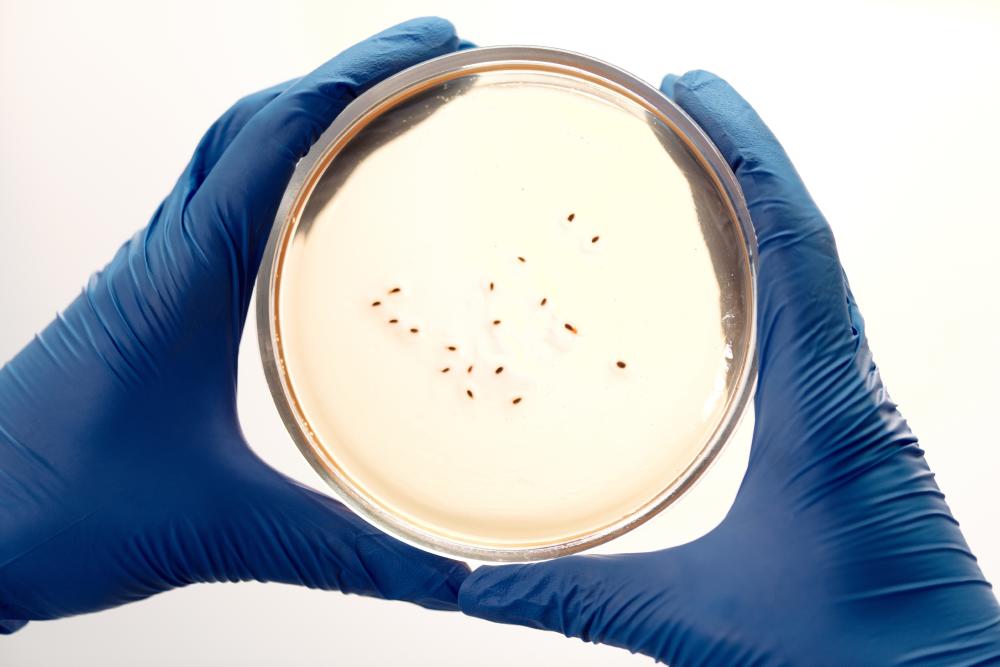
There is a saying that goes "you are what you eat". And it's actually quite true if you think about it. We are what we eat because our body is going to work properly or not, to stay healthy or not depending on how you feed the millions of cells that operate this marvelous piece of machinery that the human body is. So, let's dive into The ABC of Probiotics: What are they? and Why are they good?
It's not the same to fuel your car with regular gasoline than with biodiesel as it is not the same to fuel your body with vegetables, fruits, cereals and healthy food than cheap junk food. Well, if you have been a vegan for some time now you may have heard a word or two about probiotics, right? They are particularly uplifted by naturists because of how good they are and the millions of benefits to our health.
We'll explore together in this article all you need to know about probiotics: What are they? Where do they come from? Why are they good for our physical wellbeing? How do probiotics work? How can I start with probiotics? Stick with us and you will know!
Maybe it is necessary to mention here first, the difference that exists between prebiotics and probiotics. We may start saying that both are equally necessary for our body nutrition but they play different roles:
Both prebiotics and probiotics are essential to a healthy balance in our gut microbiotia and that's why it's so important to include them in your diet.
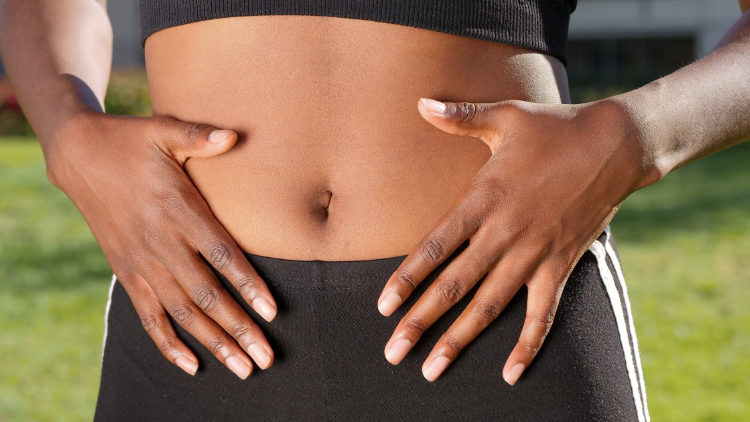
Gut Health - Kindel Media from Pexels
The use of probiotics to regulate natural gut flora has been a very common in western European countries throughout the 20th century. In 1905, a Bulgarian doctor and microbiologist named Stamen Grigorov discovered the first probiotic which was a certain strain of bacillus in a type of Bulgarian yogurt.
Another scientist, Nobel laureate Élie Metchnikoff, later postulated that peasants in Bulgaria who consumed yogurt (a very inexpensive food at the time) lived longer, suggesting that probiotics have a significant good impact on humans' health.
After this scientific breakthrough, the probiotics market rocketed and stricter requirements and scientific accuracy was mandatory to serve people with quality and beneficial probiotic food.
We've been saying so far that the main benefit of including probiotics on your daily diet is their contribution to a good gut health... But how does this work?
The good or bad health of your gut flora and the balance of natural bacteria in your body will entirely depend on the type of food you eat every day. For example, if your diet includes a lof of sugar and fat (especially if it's animal fat), most probably you will suffer from digestive problems. If this habits are persistent, it even may end up in more severe conditions such as insulin resistance.
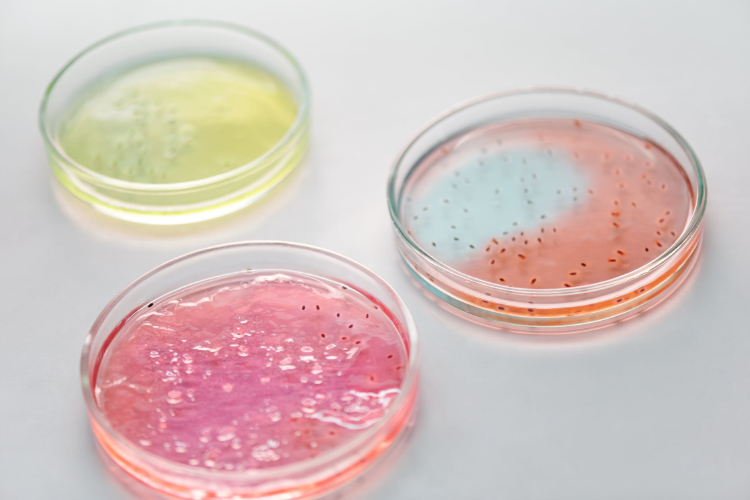
If you keep a good balance between good and bad bacteria in your digestive tract, you'll be protecting it from harmful unwanted guests such as bad bacteria, viruses or fungi.
A 2013 scientific study on gut bacteria suggests that the predominance of good bacteria has a lot of benefits. Just to name a few: it directly boosts your immune system, It can aid in overcoming depression while it prevents obesity. What's more, the abundance of good bacteria contributes to synthesizing vitamin K which plays a crucial role in feeding the cells living in your colon.
When this occurs, your guts build a stronger barrier against unwanted visitors such as bad bacteria and viruses and the chances of getting colon cancer are significantly reduced.
The first thing you should consider if you want to include probiotics in your daily diet is that you can obtain probiotics from natural food and supplements. You should also know that you have to keep the intake of probiotics balanced and that probiotics are mostly safe for most people but they are not for everyone since not every person tolerates probiotics in the same manner. But let's go into a little bit more of detail:
Keeping this in mind, choosing a probiotics that works for you will require a little bit of research first. Nowadays, there is a bunch of good alternatives at market... so how do I know?
In the USA, probiotics are generally found as food ingredients or, as we said, as nutritional supplements. Most of the products available do not need approval by the Food and Drug Administration (FDA) for their marketing. As a result of these "loose regulations", many companies take advantage and they offer supplements that they claim are grounded on scientific studies but actually they are not.
This is why you have to inform yourself first , and choose your food or supplement very carefully:
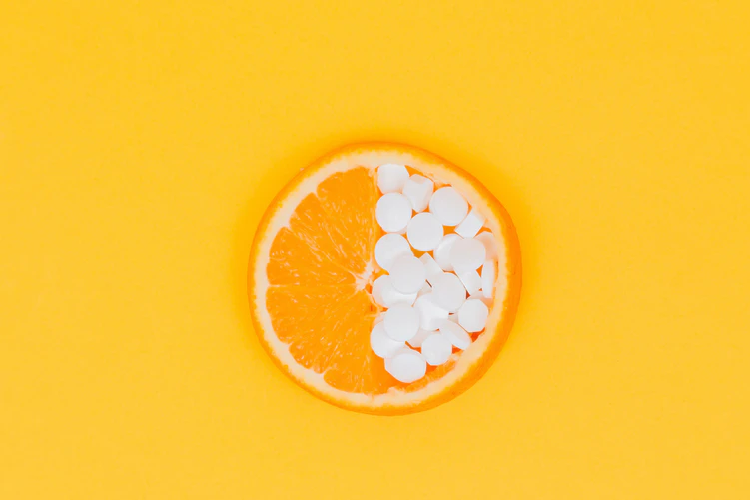
There are some perfectly normal side effects to taking probiotics especially in the early days of taking a probiotic supplement or food. You may experience some moderate abdominal pain and gases as your body adjusts to digesting the new microorganisms.
You should feel perfectly alright, however, and your digestion should be improved after the "adjustment period". If this does not happen, please check with your doctor.
The unsupervised intake of probiotic food or supplements is highly risky and we cannot insist enough on you checking with a professional first. We always like to encourage responsible and informed decisions!
People with a jeopardized immune system such as HIV or AIDS shouldn't take probiotics without checking with your doctor, first. Probiotics in compromised systems can lead to infections. So, if you have any medical condition, please, please and please, consult with a healthcare provider first to check if it is alright with you to take probiotics.
There are two different manners in which you can intake more good bacteria in your gut flora: through fermented food items or supplements. Remember as well, please, that the intake of a supplement should be supervised by a professional and that these are left to more specific ailments and shouldn't be taken daily.
So, we'll focus a little bit more in this part on probiotic food that you can start trying:
The most famous representative of the fermented foods family is -unquestionably- yogurt. Greek yogurt, particularly, contains Streptococcus thermophilus and Lactobacillus bulgaricus that are good bacteria for you to take. Mind, however, not buying added-sugar versions or too processed, pasteurized yogurts since both the sugar and the heating process kill the good bacteria. Make sure that you choose products under the label "live active cultures."
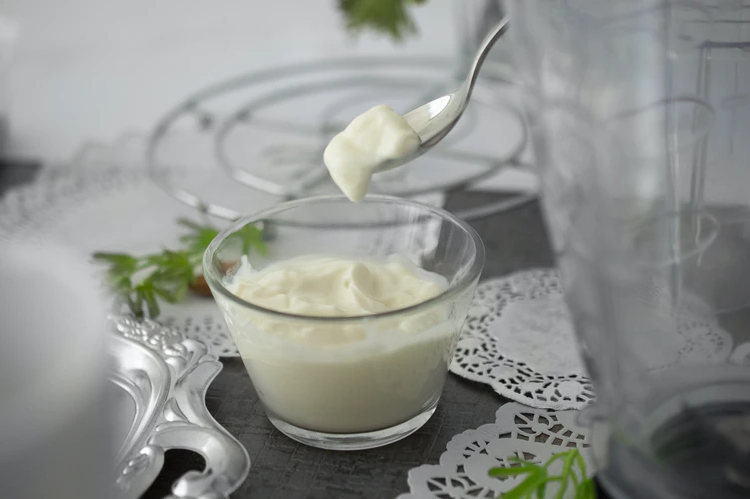
Kombucha is a fermented drink produced from black or green tea and a reciprocal culture of bacteria and yeast -called Scoby- and it has become quite popular lately.
One of the best things about Kombucha is that it's bubbly and very refreshing! As in the case of yogurt, you should be careful not to buy a low-sugar refrigerated bottle of it because the probiotics benefits are there lost...
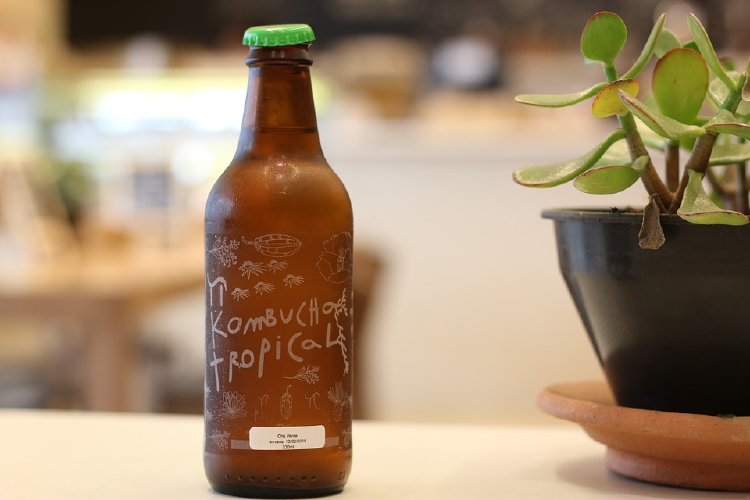
This originally Caucasian milk-based product has rocketed in popularity over the past years as well. In case you are lactose-intolerant, this might be your pick. You can read our article What is Kefir and How to Make it at Home: easy recipe, let us say that Kefir is an effective and very beneficial probiotic food. Research has found that the bacteria contained in this fermented beverage is very effective in building a stronger gut flora.
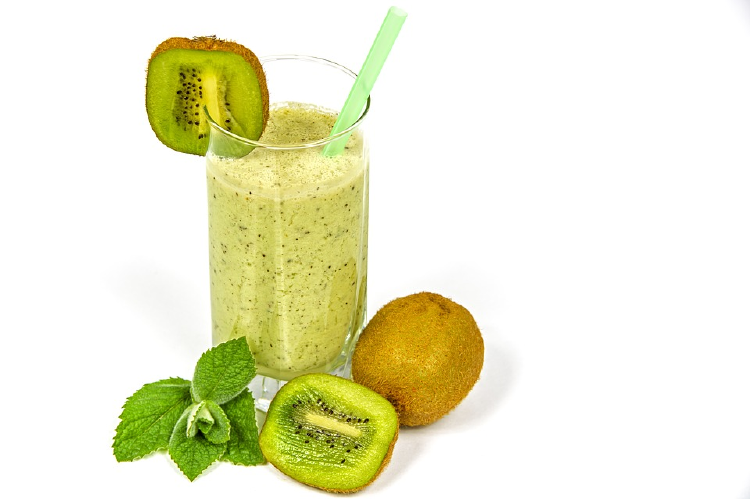
Miso is a traditional paste in Japanese cuisine and you are probably quite familiar already with miso soup which we all love so much! How is miso obtained? By fermenting soybeans with salt and a fungus they call koji . It turns out then that miso is very rich in protein content as it comes from soybeans but it is also very rich in probiotics: it's good at stimulating your digestive system, strengthening your immune system, and reducing the risk of cancer.
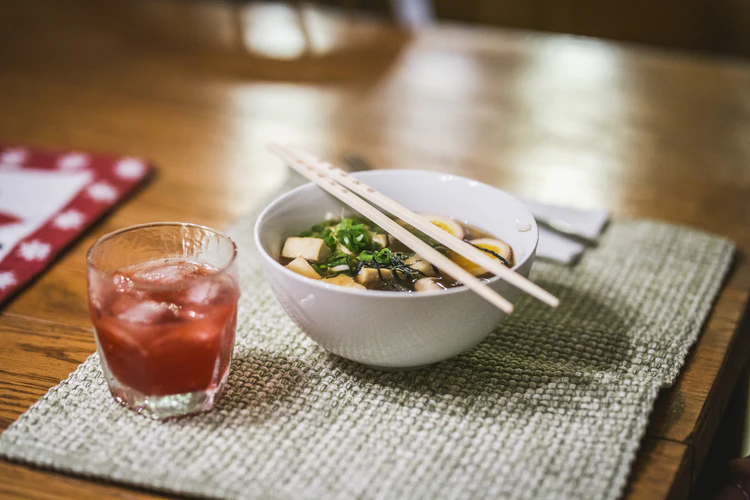
Miso Soup - Dan DeAlmeida from Unsplash
Yap! That's right! Green olives also undergo a process of fermentation which provides their distinctive flavor. The culture that is in charge of this process - strains of Lactobacillus plantarum and Lactobacillus pentosus - contribute to naturally balance your gut bacteria and reduce bloating. According to an article published in the American Journal of Clinical Nutrition, this is particularly beneficial in people who suffer from irritable bowel syndrome.

Probiotics go beyond than just yogurt and they do way much more than just regulating your gut flora.
Probiotics are very effective in building a much stronger gut microbiota and even preventing chronic diseases such as obesity, depression or cancer.
No matter what, remember always to check with your healthcare provider if you have to take supplements and start including some probiotic foot to your diet. You'll feel better right away! Thanks! See you next time...
You may be interested at: A Complete Guide to Lactose Intolerance: Causes and Symptoms